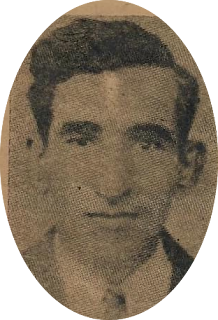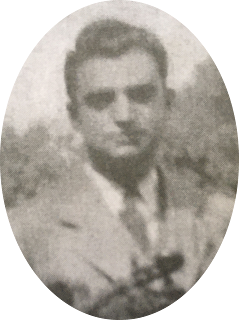Mike Hamway: Syrian American Derbakist Extraodinaire

Mike Hamway: Syrian American Derbakist Extraodinaire Mike Hamway, Derbake Player. Courtesy of Richard M. Breaux collection. Usually in Arabic music ensembles, a lead singer, oudist, or violinist gets the majority of attention or have the opportunity to showcase their talents in an oud or violin taqsim. Derbake (dirbakeh, darbuka) players or drum players hardly ever warrant attention, but this month’s post changes all that. One of the most sought after, East Coast derbake players of the middle period was older than many of the other musicians with whom he performed. This fact also helps us understand his passing in the 1960s as the nightclub era was in its infancy. This derbake player is best known for performing with Anton Abdelahad , Joe Budway , Philip Solomon , and Russell Bunai . We’re talking about, of course – Mike Hamway. Mike Hamway was born Michayel Hamway 7 November 1892 in Aleppo, Syria. It’s unclear how many siblings he had or who taught him to play the derbake, but Ham


